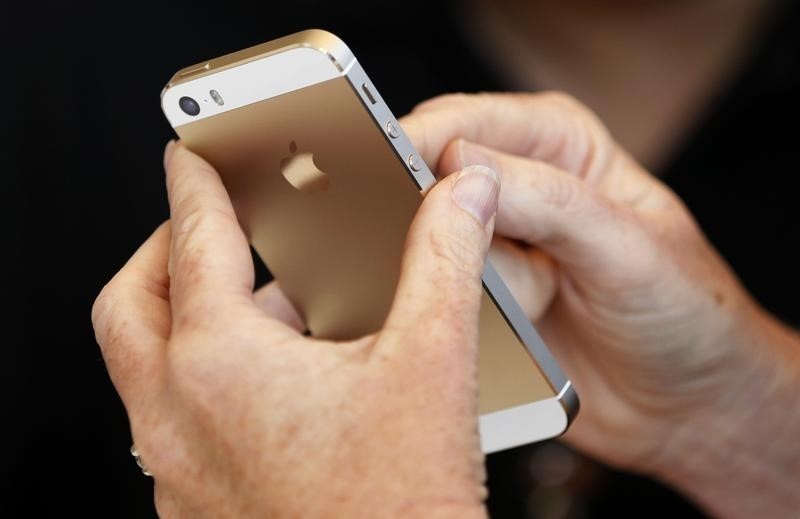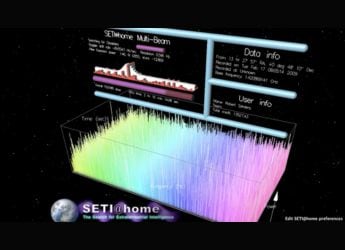- Home
- Mobiles
- Mobiles News
- US Judge in Boston Ordered Apple to Help Law Enforcement Examine iPhone
US Judge in Boston Ordered Apple to Help Law Enforcement Examine iPhone

"Reasonable technical assistance consists of, to the extent possible, extracting data from the device, copying the data from the device onto an external hard drive or other storage medium and returning the aforementioned storage medium to law enforcement," US Magistrate Judge Marianne Bowler wrote before a similar case in San Bernardino drew worldwide attention to law enforcement efforts to get around iPhone encryption.
(Also see: FBI Continues to Debate Sharing iPhone Hack With Apple)
As in the San Bernardino case, where the US Justice Department sought access to a phone used by a gunman who fatally shot 14 people in December, Apple objected to the Boston order, an employee briefed on the matter said. The FBI has since said it has figured out a secret method for unlocking the model of iPhone in California.
(Also see: Apple vs FBI: What Happened?)
The Justice Department withdrew the San Bernardino case and has not made an additional move in the Boston matter, though Justice Department spokeswoman Emily Pierce said that it could.
"Apple has represented that they were unable and unwilling to comply with the court's order, and no decision has been made by the government on whether to seek additional orders compelling Apple's assistance," Pierce said.
© Thomson Reuters 2016
Catch the latest from the Consumer Electronics Show on Gadgets 360, at our CES 2026 hub.
Related Stories
- Samsung Galaxy Unpacked 2025
- ChatGPT
- Redmi Note 14 Pro+
- iPhone 16
- Apple Vision Pro
- Oneplus 12
- OnePlus Nord CE 3 Lite 5G
- iPhone 13
- Xiaomi 14 Pro
- Oppo Find N3
- Tecno Spark Go (2023)
- Realme V30
- Best Phones Under 25000
- Samsung Galaxy S24 Series
- Cryptocurrency
- iQoo 12
- Samsung Galaxy S24 Ultra
- Giottus
- Samsung Galaxy Z Flip 5
- Apple 'Scary Fast'
- Housefull 5
- GoPro Hero 12 Black Review
- Invincible Season 2
- JioGlass
- HD Ready TV
- Laptop Under 50000
- Smartwatch Under 10000
- Latest Mobile Phones
- Compare Phones
- Tecno Spark Go 3
- iQOO Z11 Turbo
- OPPO A6c
- Samsung Galaxy A07 5G
- Vivo Y500i
- OnePlus Turbo 6V
- OnePlus Turbo 6
- Itel Zeno 20 Max
- Lenovo Yoga Slim 7x (2025)
- Lenovo Yoga Slim 7a
- Lenovo Idea Tab Plus
- Realme Pad 3
- Garmin Quatix 8 Pro
- NoiseFit Pro 6R
- Haier H5E Series
- Acerpure Nitro Z Series 100-inch QLED TV
- Asus ROG Ally
- Nintendo Switch Lite
- Haier 1.6 Ton 5 Star Inverter Split AC (HSU19G-MZAID5BN-INV)
- Haier 1.6 Ton 5 Star Inverter Split AC (HSU19G-MZAIM5BN-INV)

















